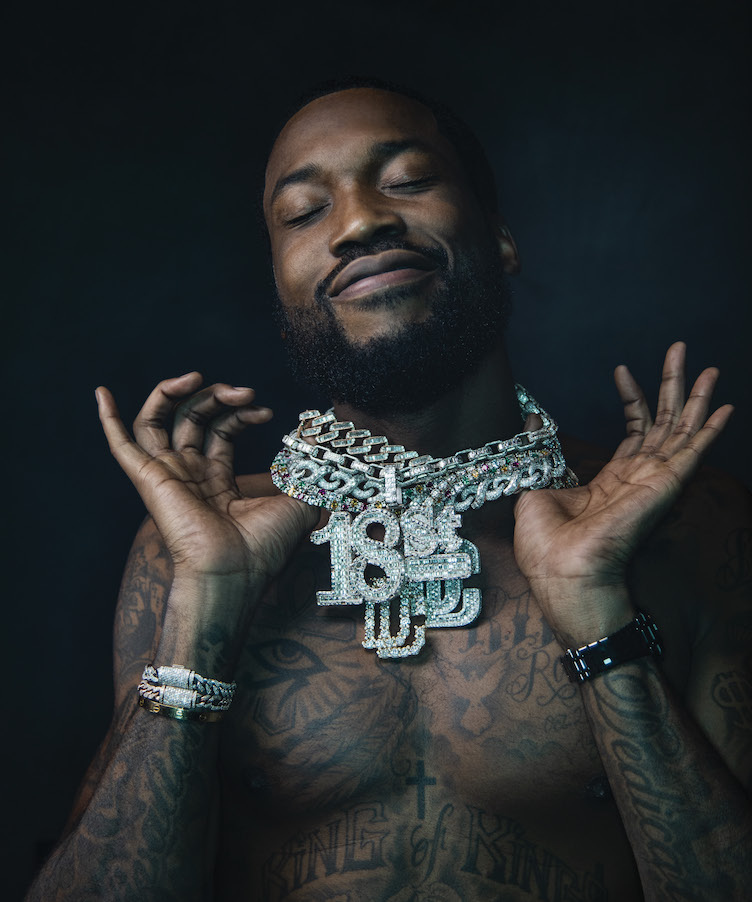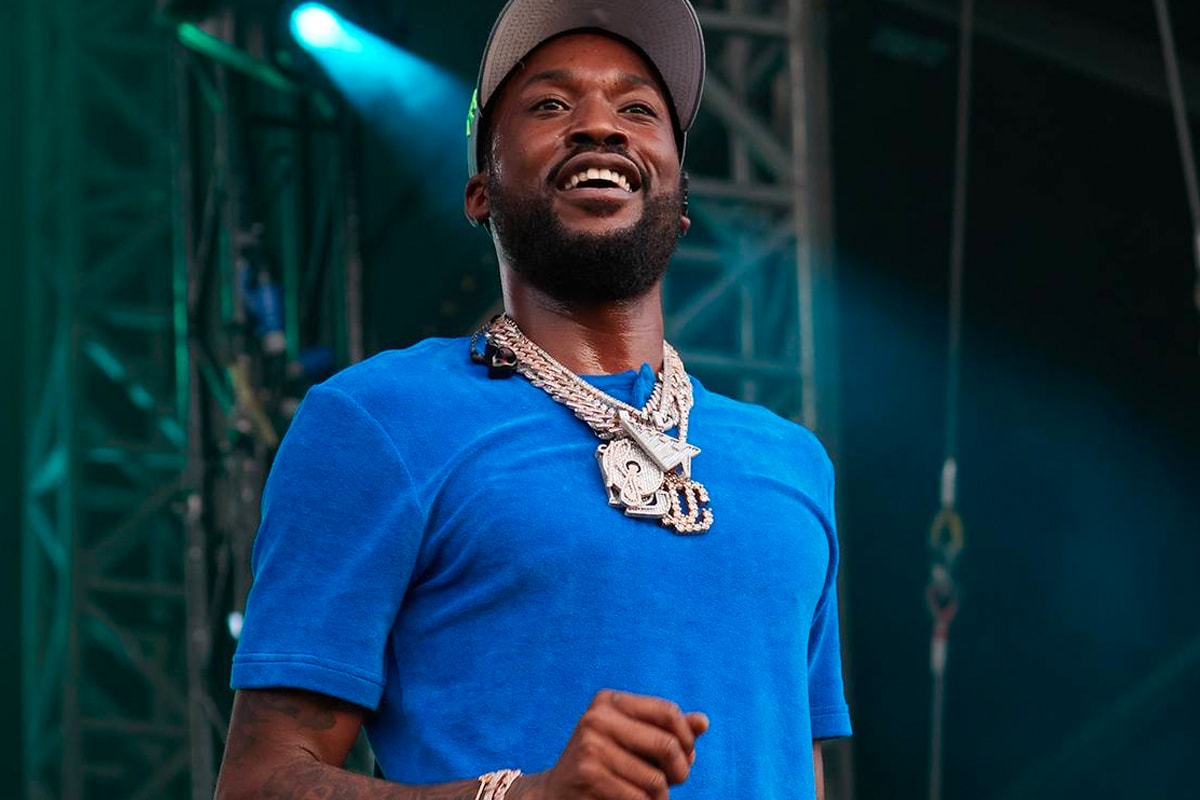In a recent episode of “The Adam and Wack Show,” an intriguing discussion unfolded about the burgeoning Philadelphia rapper, Quilly, shedding light on his perspective towards the rap scene, particularly his stance on Meek Mill. This conversation, teeming with insights and revelations, delved into the nuances of Quilly’s journey and his interactions within the industry.

Quilly, hailed as one of Philadelphia’s notable talents, made a captivating appearance on the show, sparking a flurry of discussions across various platforms. His magnetic persona and distinct lyrical prowess have garnered widespread attention, prompting Adam and Wack to delve deeper into his world.

The genesis of Quilly’s connection with the show stemmed from a fortuitous encounter on Clubhouse, where discussions led to his eventual appearance. Wack, known for his keen eye for talent, saw potential in Quilly and seized the opportunity to bring him onboard, amplifying his exposure to a broader audience.
As the conversation unfolded, the spotlight shifted towards Quilly’s views on Meek Mill, igniting a discourse that resonated with fans and critics alike. Quilly’s candid remarks offered a unique perspective, devoid of bias or personal vendettas, providing clarity on his stance.

Contrary to misconceptions, Quilly’s reservations towards Meek Mill stem from a place of authenticity rather than animosity. He articulately delineated instances where Meek’s actions left him disillusioned, emphasizing the importance of integrity and loyalty within the industry.
The discussion transcended mere gossip, delving into the intricacies of the rap game and the dynamics between artists. Quilly’s unwavering commitment to his craft and his refusal to compromise his principles stood as a testament to his resilience in an industry rife with complexities.
Moreover, Quilly’s revelation about Meek Mill’s attempt to charge exorbitant fees for collaborations shed light on the underlying dynamics of the industry. His anecdote served as a cautionary tale for aspiring artists, highlighting the importance of discernment and self-preservation in navigating such waters.